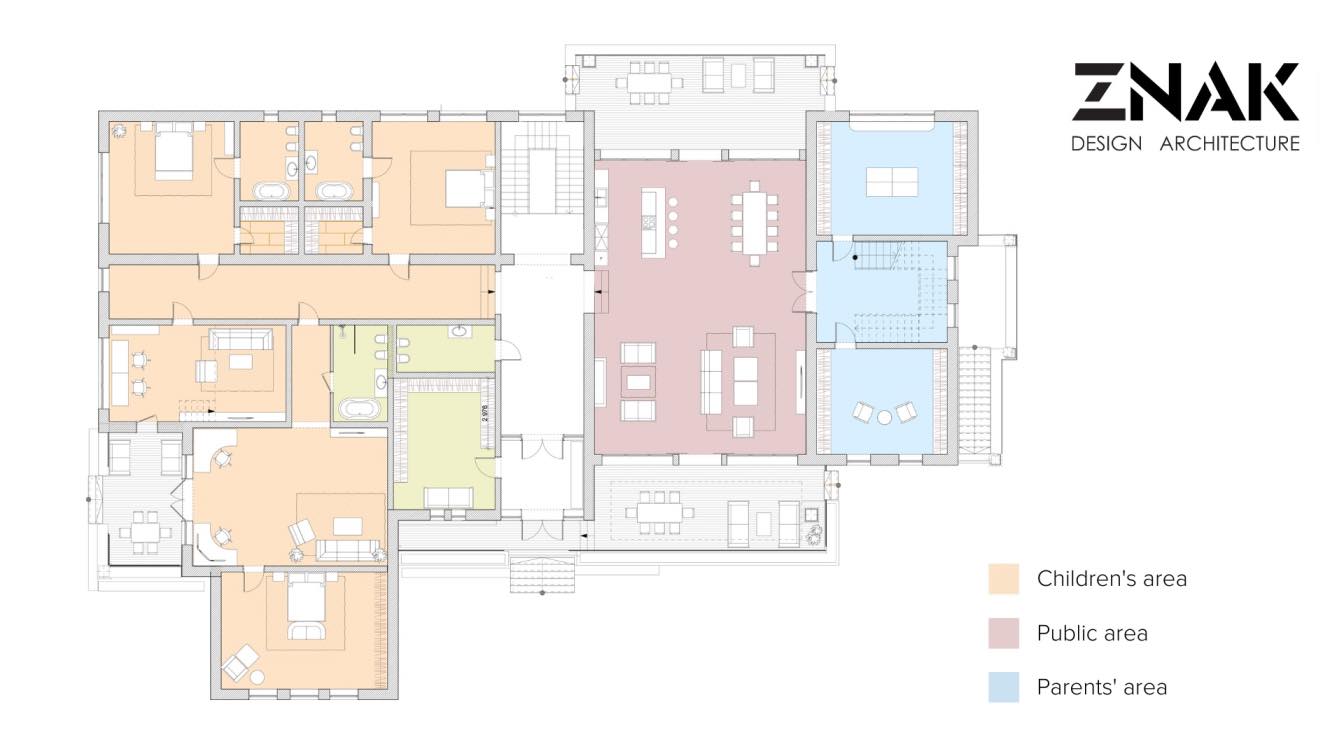Selecting the right electricity plan for your business is crucial for managing operational costs effectively. With a variety of plans and providers available, it can be challenging to determine which option best suits your company’s needs. Making an informed decision involves understanding your business’s electricity requirements, comparing different plans, and considering factors that can impact your overall energy expenditure. Here’s a comprehensive guide to help you navigate the process and choose the best electricity plan for your business.
1. Assess Your Business’s Electricity Needs
Before diving into different electricity plans, it’s important to have a clear understanding of your business’s electricity consumption and needs. This assessment will help you identify the type of plan that best aligns with your usage patterns and budget.
Analyse Historical Usage
Start by reviewing your past electricity bills to gauge your average consumption. Look at your usage patterns over different seasons and times of the day. This will help you understand whether your business experiences peak usage periods and if there are any seasonal fluctuations. Knowing your consumption trends will also help you predict future needs more accurately.
Consider Your Growth
Think about your business’s growth plans and how they might impact your electricity usage. If you anticipate an increase in operations, staff, or equipment, it’s important to factor these changes into your decision. Choosing a flexible plan that can accommodate growth without significant cost increases is essential for long-term efficiency.
2. Understand Different Electricity Plan Types
Electricity plans vary widely, and understanding the different types can help you make an informed choice. Here are some common plan types to consider:
Fixed-Rate Plans
A fixed-rate plan locks in your electricity rate for a specific period, typically between 1 to 5 years. This can provide stability and predictability in your energy costs, as you’ll know exactly what you’ll be paying each month. Fixed-rate plans are ideal if you want to avoid fluctuations in electricity prices and prefer budget predictability.
Variable-Rate Plans
With a variable-rate plan, your electricity rate can change based on market conditions. While this plan might offer lower rates when market prices are down, it also exposes you to potential price increases. Variable-rate plans can be a good choice if you’re comfortable with some level of risk and want to take advantage of lower rates during periods of reduced demand.
Time-of-Use Plans
Time-of-use plans offer different rates based on the time of day when you use electricity. Typically, you’ll pay lower rates during off-peak hours and higher rates during peak times. If your business can shift its energy usage to off-peak periods, this plan could lead to significant savings. It’s important to assess your business’s operational schedule to determine if a time-of-use plan is practical.
Green Energy Plans
Green energy plans use electricity generated from renewable sources, such as wind or solar power. Opting for a green energy plan can help your business reduce its carbon footprint and contribute to environmental sustainability. While green energy plans may sometimes be slightly more expensive, they can enhance your company’s reputation and align with corporate social responsibility goals.
3. Compare Electricity Providers
Once you understand the different plan types, it’s time to compare business electricity providers to find the best fit for your business. This process involves more than just looking at rates; you should also consider the provider’s reputation, customer service, and contract terms.
Use Comparison Tools
Online comparison tools can simplify the process of evaluating different providers. These tools allow you to input your energy usage and receive quotes from various suppliers, making it easier to compare rates and plan options. Ensure that the comparison tool you use provides accurate and up-to-date information to make an informed decision.
Check Provider Reputation
Research the reputation of potential electricity providers by reading customer reviews and checking ratings from independent review sites. A provider with a strong track record of customer service and reliability is crucial for ensuring that your business experiences minimal disruptions and receives prompt support when needed.
Review Contract Terms
Carefully review the contract terms offered by different providers. Pay attention to details such as contract length, early termination fees, and any additional charges or penalties. Understanding these terms will help you avoid unexpected costs and ensure that you’re comfortable with the commitment you’re making.
4. Consider Additional Services and Benefits
Some electricity providers offer additional services and benefits that can add value to your business. Consider these extras when evaluating your options:
Energy Management Tools
Many providers offer energy management tools that allow you to monitor and optimise your electricity usage. These tools can provide insights into your consumption patterns and help you identify opportunities for cost savings. If energy management is a priority for your business, look for providers that offer these features.
Customer Support
Excellent customer support is essential for resolving issues quickly and efficiently. Choose a provider that offers reliable and accessible customer service. Check if they provide multiple contact methods, such as phone, email, and online chat, and ensure they have a good response time.
Flexible Billing Options
Some providers offer flexible billing options, such as the ability to pay in instalments or receive electronic bills. These options can make managing your utility payments more convenient and help with cash flow management.
5. Negotiate and Review Offers
Don’t hesitate to negotiate with electricity providers to secure the best possible deal. Many providers are willing to offer discounts or additional benefits to win your business, especially if you’re prepared to commit to a longer contract.
Leverage Your Current Provider
If you’re satisfied with your current provider but want to explore better rates, contact them to discuss your options. They may be willing to offer a better deal to retain your business.
Review Your Plan Regularly
Once you’ve chosen an electricity plan, it’s important to review it periodically to ensure it continues to meet your business’s needs. Market conditions and your business’s requirements may change, so staying informed and being prepared to switch plans if necessary can help you maintain cost-efficiency.
Choosing the right electricity plan for your business involves a careful assessment of your energy needs, an understanding of different plan types, and a thorough comparison of providers. By following these steps and considering factors such as fixed or variable rates, time-of-use plans, and additional services, you can make an informed decision that helps manage your electricity costs effectively.





